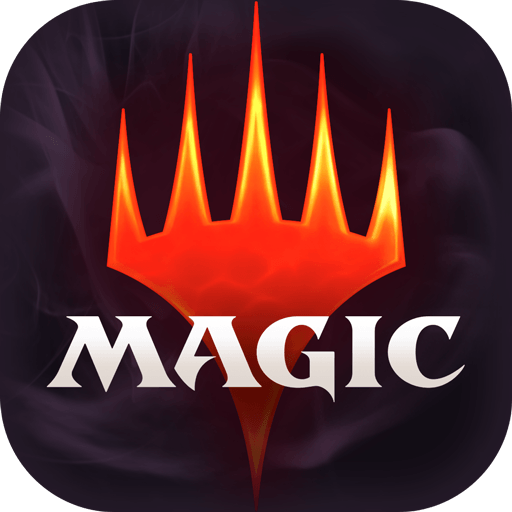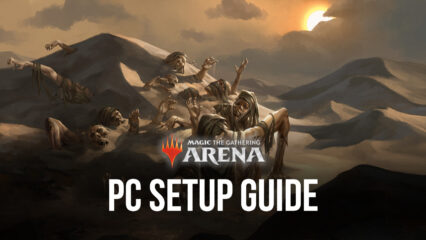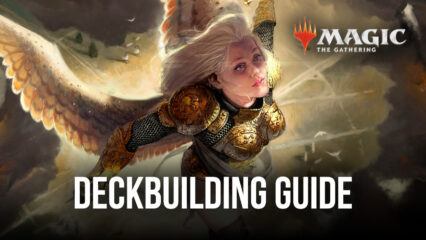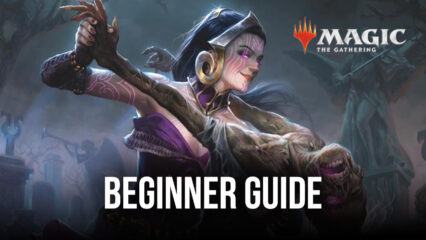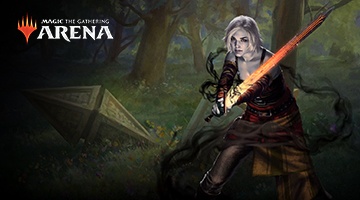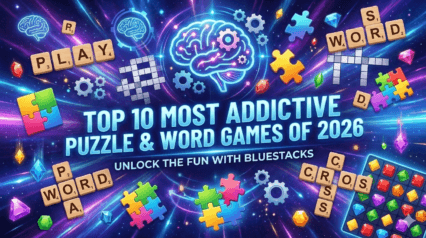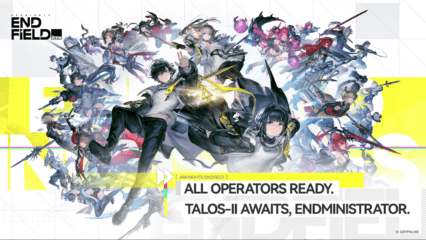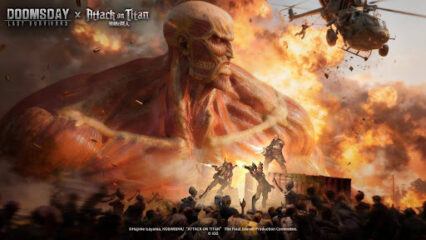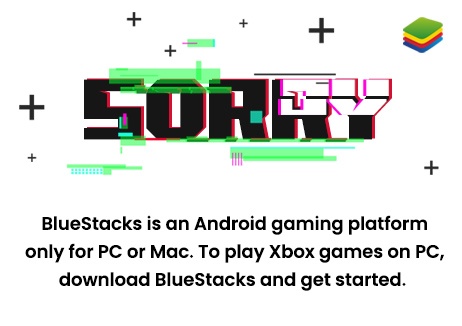Basic Strategies in Magic: The Gathering Arena
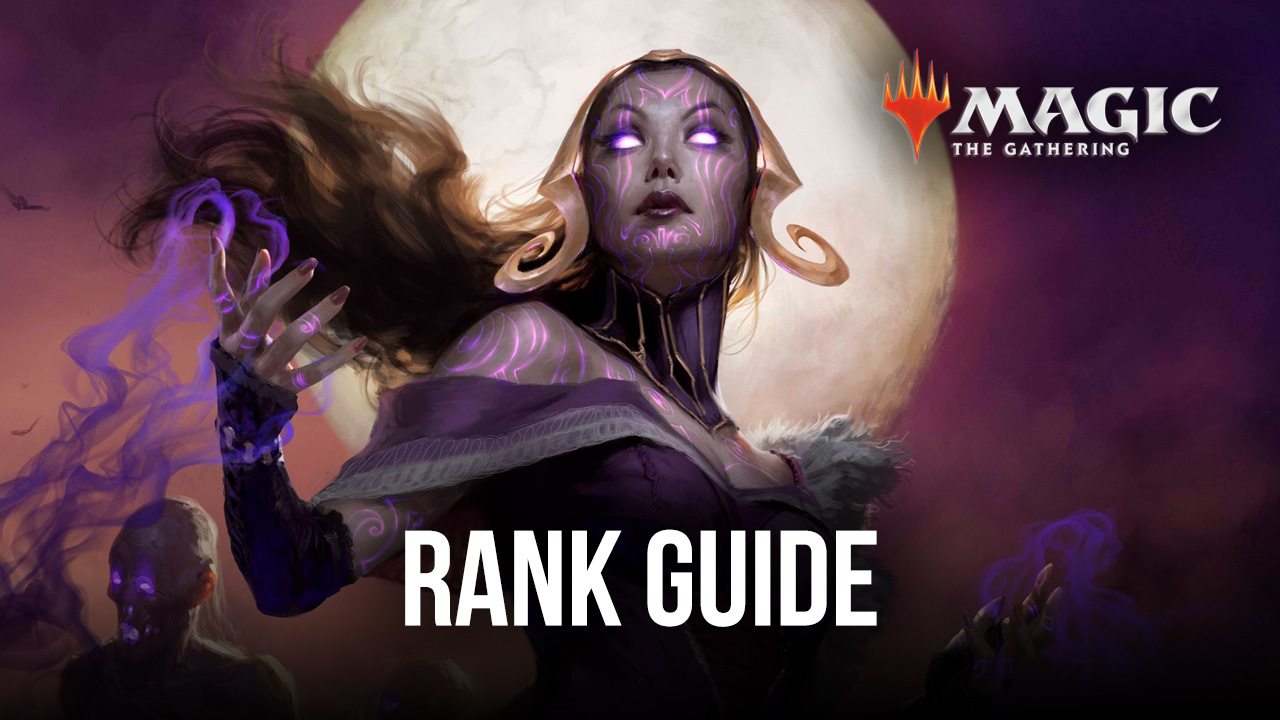
Ready to play Magic: The Gathering Arena and start climbing up the ladder to reach the top? It’s a long way ahead and the best thing that we can do to send you on your way is to offer some advice that we’ve gathered from seasoned MTG Arena players that will help you learn how to play the game competitively. There are different ways to play the game depending on your deck, but here are some basic strategies that you’ll need to learn about if you’re going to start playing competitively.
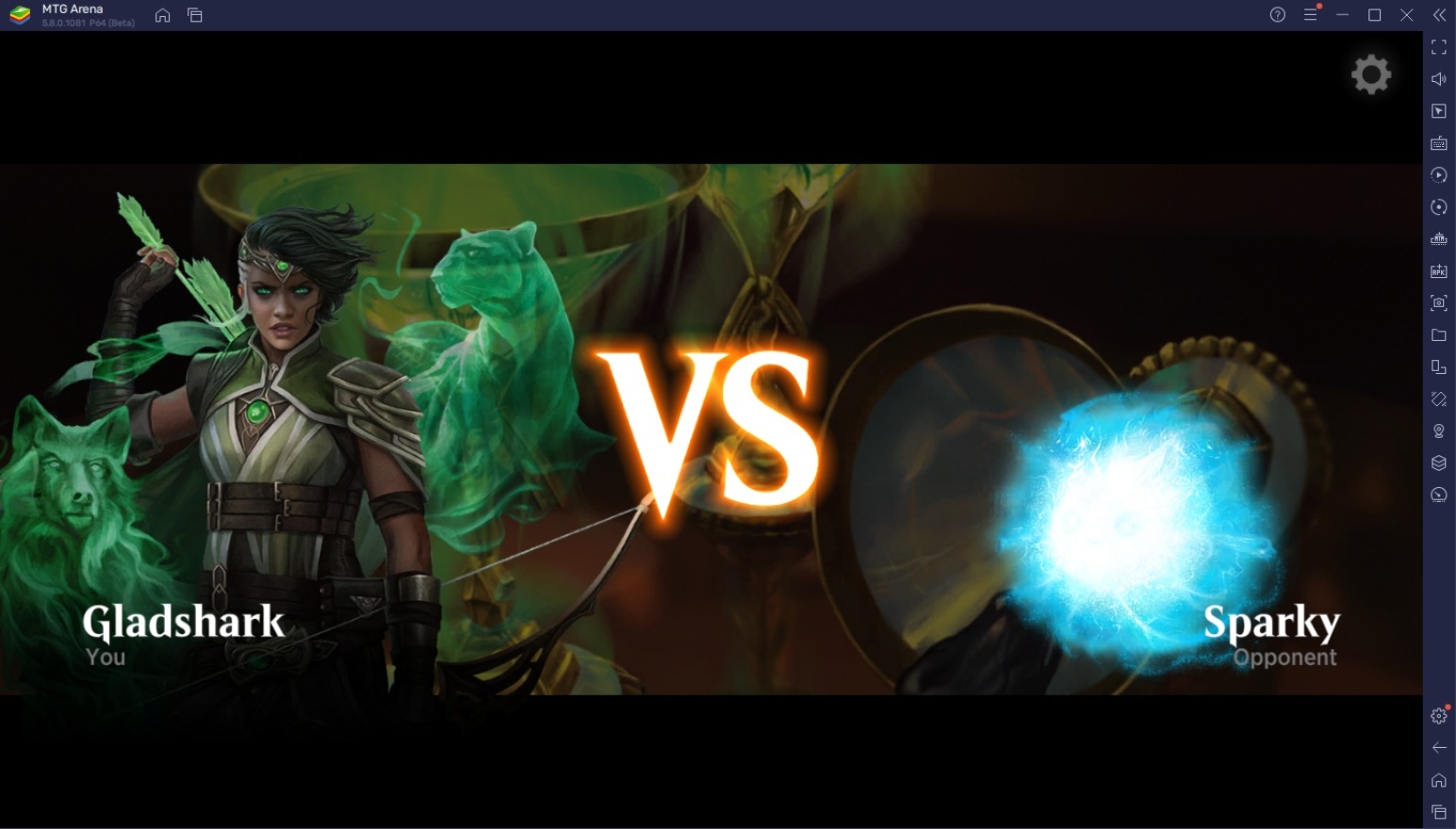
The first thing that you’ll need to do is build your first deck, which we’ve covered in our Deckbuilding Guide previously. Once you’ve accomplished that, you can start playing against real people and testing out your ability to play competitively. It’s okay to lose some games, but it’s never good to lose consistently. Before you start wondering if your deck is strong enough, you should learn some key strategies that will help you play at a high level regardless of what deck you’re playing.
Proper Pacing
Pacing is the key element when playing any competitive card game. Pacing refers to when and how you play your cards throughout the entirety of the game. In a game like MTG Arena, you can only play one land per turn and as many spell cards as you can pay for depending on the number of lands that you have. This means that the early games are usually slow and involve really cheap creatures and spells while the later stages of the game will involve high-cost creatures that are usually reserved to help win.
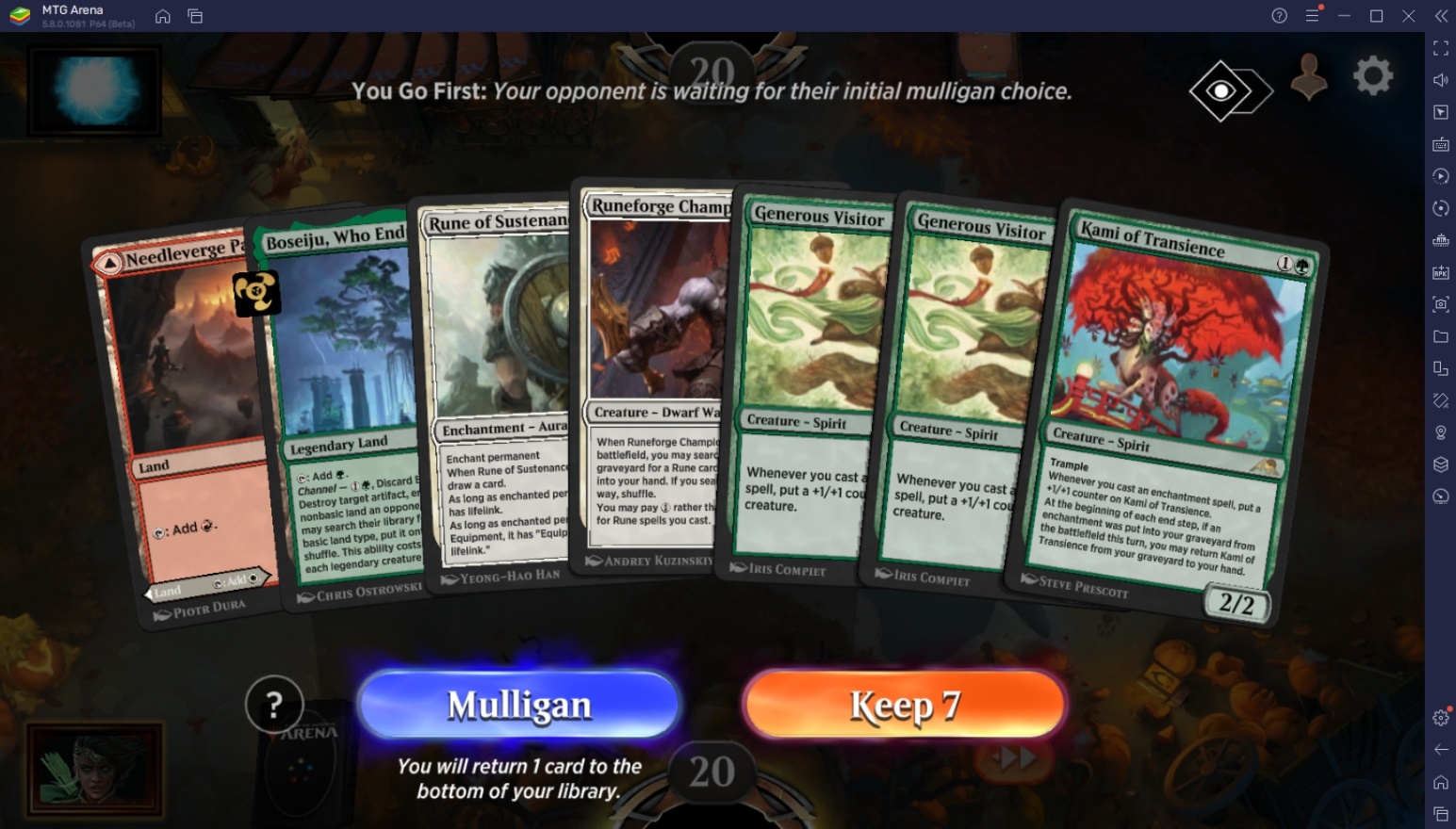
Pacing can also be related to sequencing, which is another key strategy in TCGs and CCGs. Sequencing refers to the order in which you play cards. Most of the time, sequencing can be the difference between winning and losing so make sure to play the cards in your hand in an order that will net you the best results. It makes a huge difference in how you play your cards, especially if you play multi-colored decks since you can run out of a specific mana type quickly if you don’t manage your sequencing properly.
Maintaining Your Board State
Maintaining your board state means trying to create a presence at all times by being able to do something every turn. You start losing the game only when you’re not able to maintain a presence on the board and allow your opponent to play their deck without any disruptions. The winner of the game is the one who reaches their win condition uninterrupted first, so it’s a good idea to force your opponent to answer the threat on your board either by having creatures present at all times or by playing spells that help you reach your winning turn.
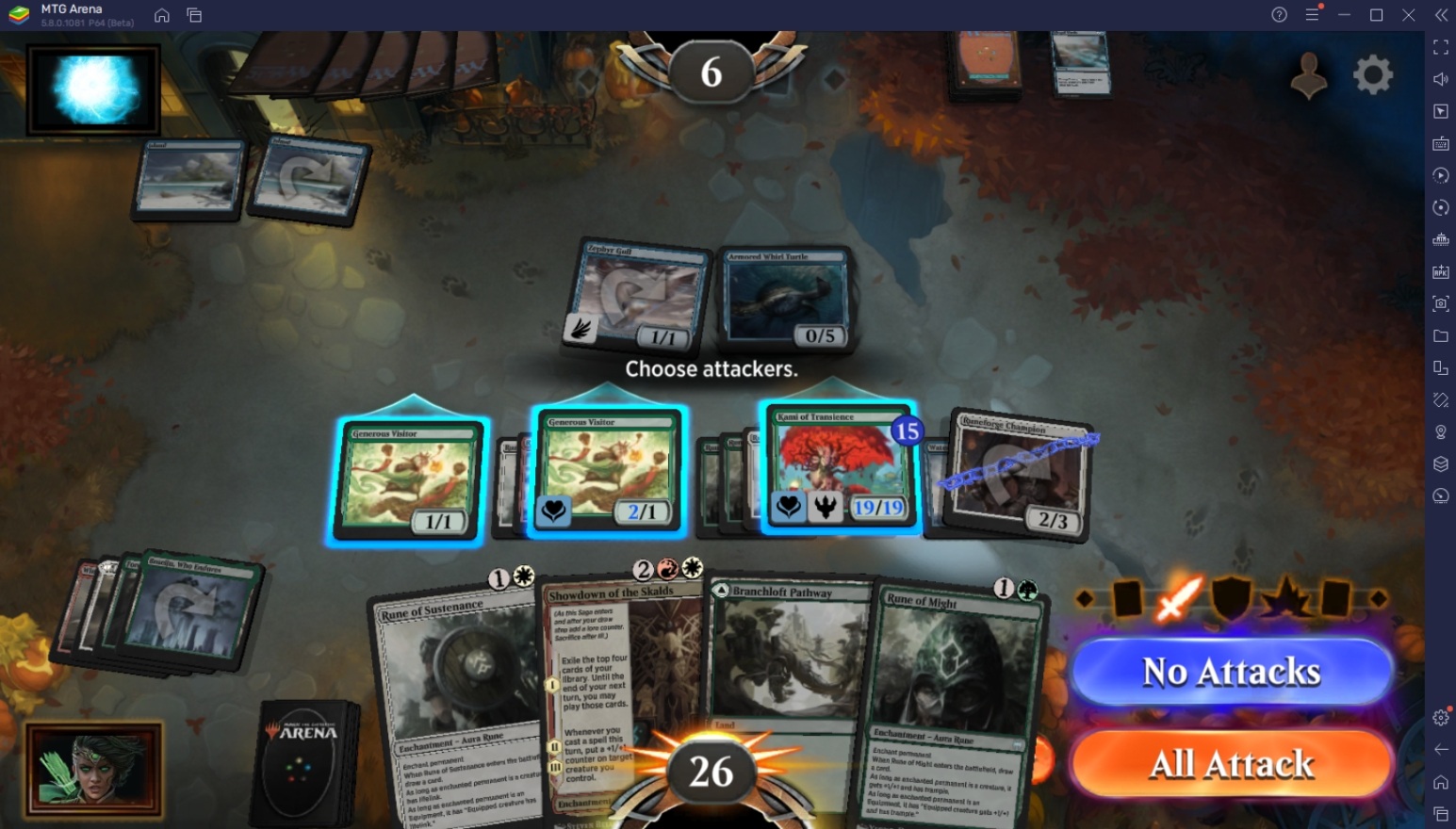
Even control decks who don’t really play a lot of creatures still maintain a board presence. They do this by freeing the board of any threats that can pose any problems for them in the future. Keep in mind that the opponents will always try to get rid of your creatures or at the very least, try to have more creatures than your opponent so that you can force the opponent to realize that you’ll be the one who is dealing more damage. Keep the board state in your favor as much as you can.
Getting Rid of Threats
In relation to the previous tip, the situation can be flipped against your favor when the opponent is able to create a really good board state. Remember that the person with the board state always wins the game, that’s why you need to make sure that your opponent isn’t able to build up their board by getting rid of threats. There are two ways you can do this – use spells that can get rid of them or make them weaker and by using your creatures to get rid of the opposing unit.
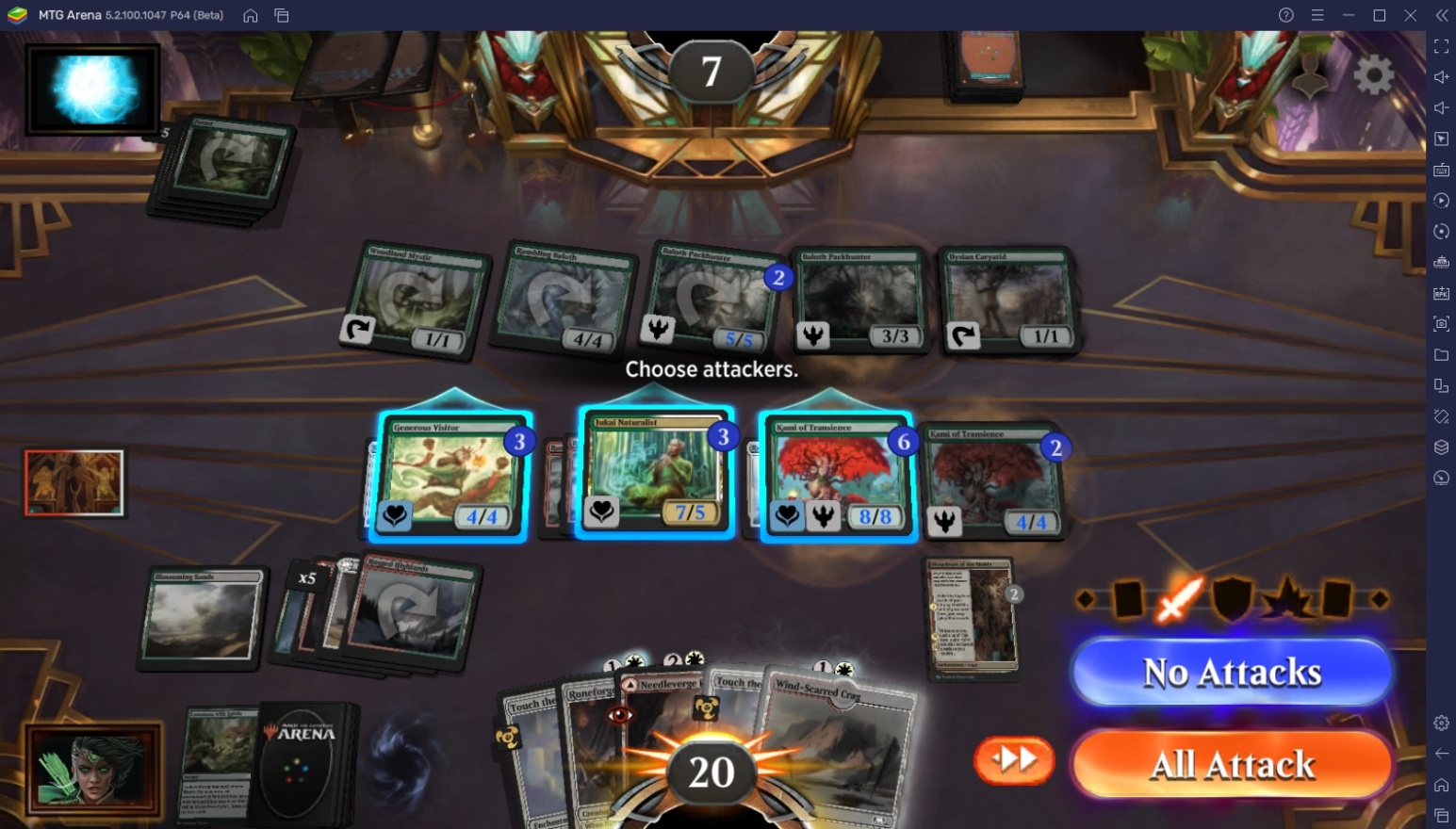
The most common mistake that beginners make is not using their own units to get rid of creatures on the opposing board. It’s worth sacrificing an important creature on your board if you think the enemy’s board is getting out of control and might prove to make your life harder in the next turns by defending with multiple units to get rid of an enemy. Of course, defending with creatures that have a higher defense against low-attack enemies is always the best idea.
Read the Opponent’s Cards!
One thing that we need to emphasize players need to do when playing the game is to read the opponent’s cards. Every single one of them. It doesn’t matter if the card is played from hand, revealed from the deck, or placed into the graveyard or banish zone, you need to read all of them. This is to give you a general idea of how the opponent’s deck wants to play so that you can prepare for what your opponent wants to do. Read all of the cards that come into play and take time to understand them.
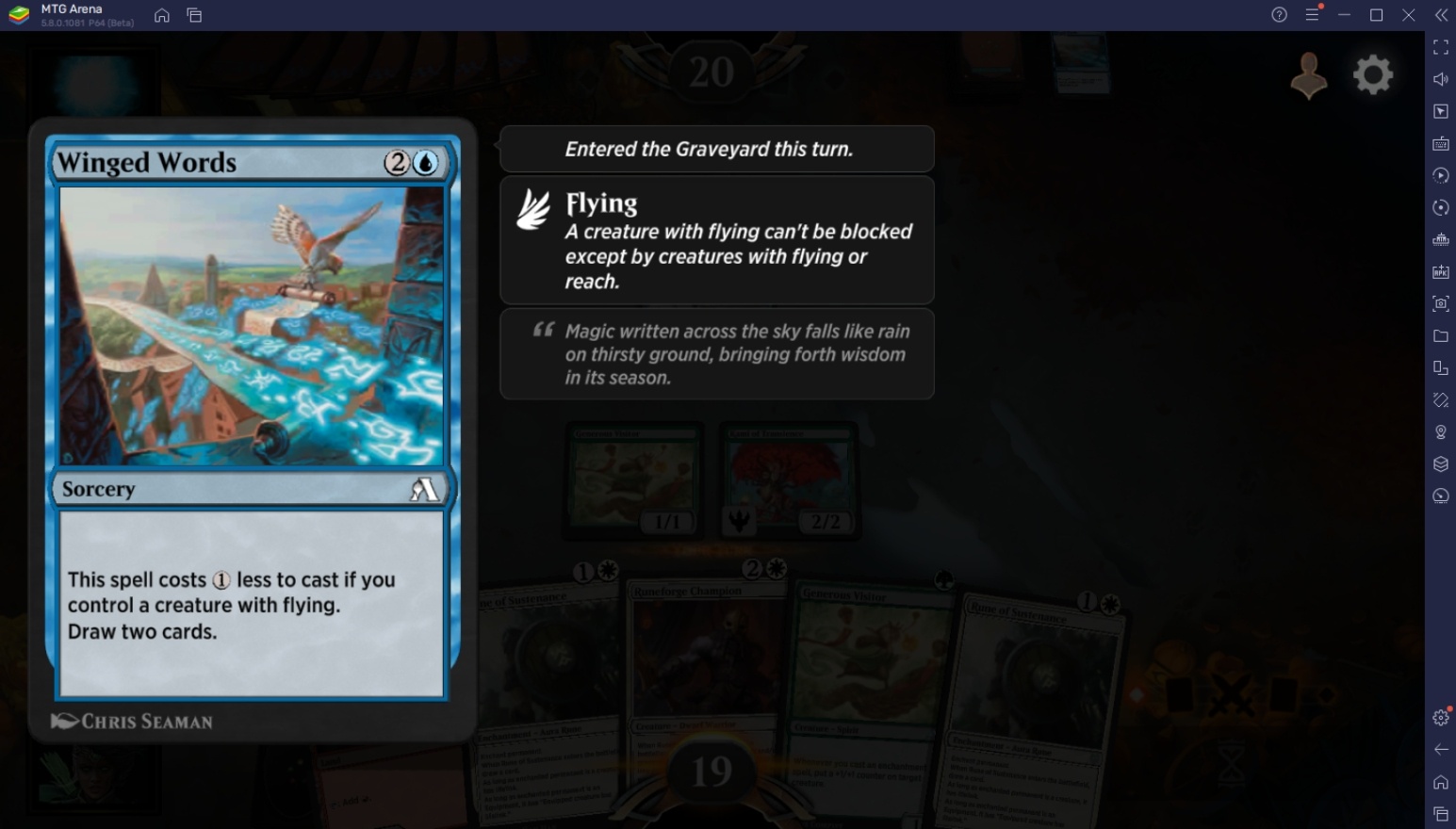
One thing to keep in mind when reading the opponents’ cards is to see if they can disrupt your field. It’s also important to note if they have combo cards that players need to look out for in a later turn. You generally get a good idea of what the opponent’s decks do after they revealed three cards and this should help you plan out how you can win against them. It’s okay if you’re not familiar with other players’ decks because you’ll only need to play more games to familiarize yourself with the meta.
Keeping Your Hand Alive
Probably the most important thing in all of TCGs is to keep your hand alive. This means you should always be able to play a useful card every turn. The moment you run out of cards that you can play usually spells that you’ve already lost the game because you can no longer keep the tempo you were building up and have no resources to maintain your board state. Hand cards are the most important resource in the game so make sure you always have a way to play cards.
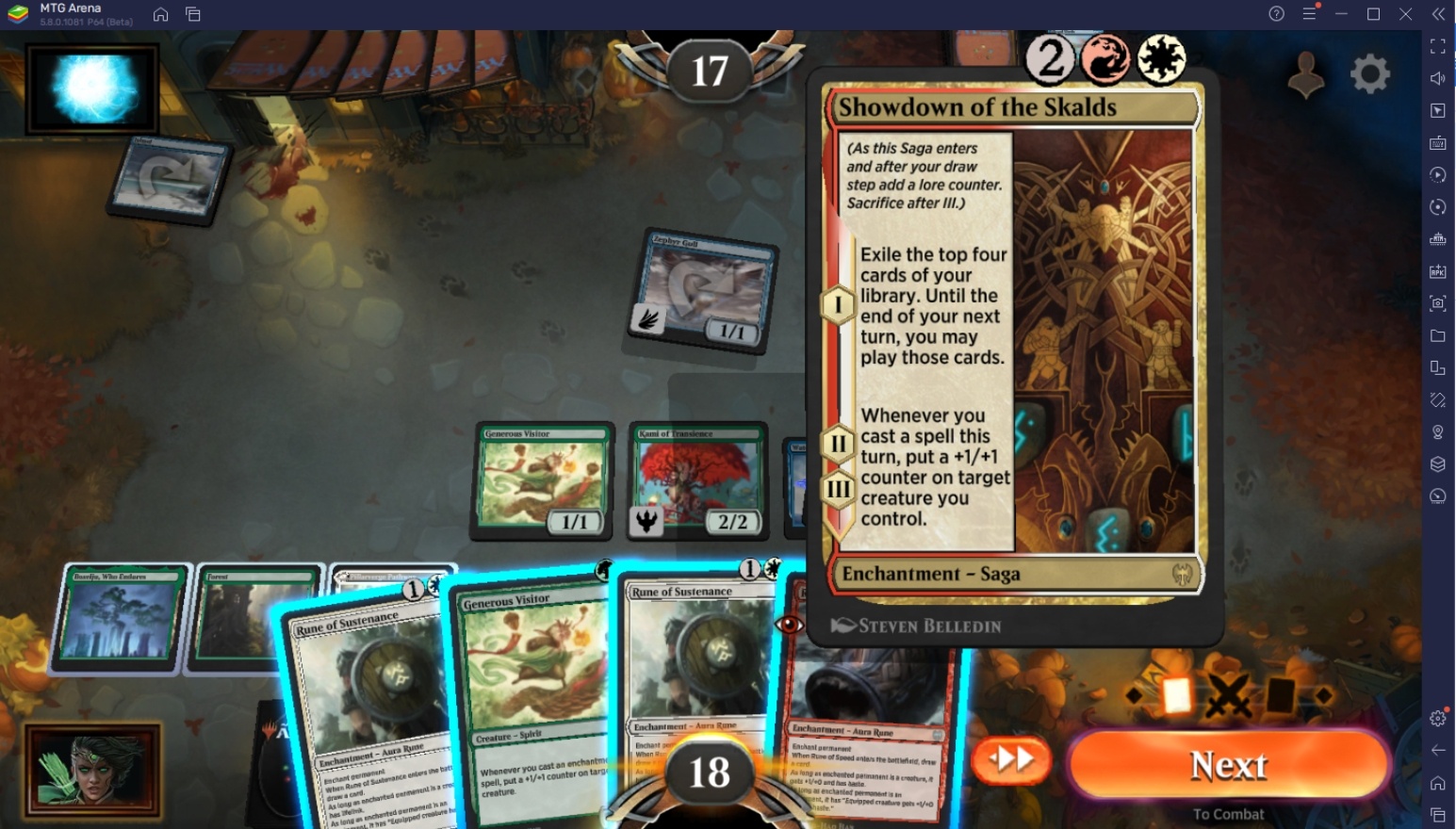
Every deck needs to be able to have a way to draw cards or conserve the cards in their hand by providing alternate ways to cast spells and summon creatures. Never let your enemy see that you’re down to one card in hand or less because that means that they’re comfortable enough to start an all-out attack without the threat that you have something up your sleeve.

